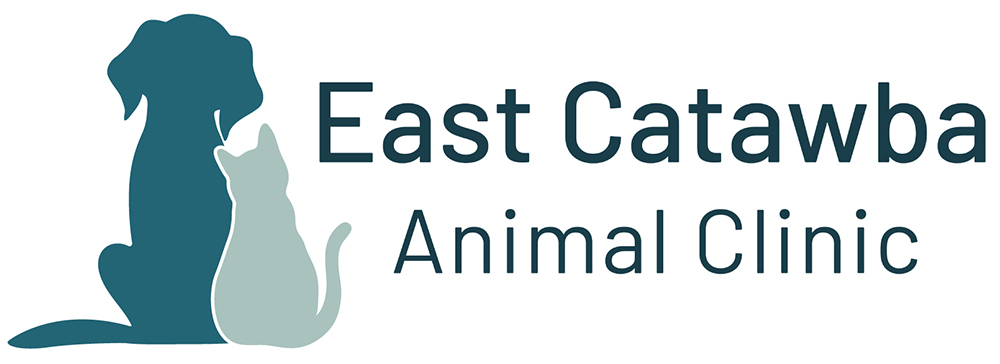East Catawba Animal Clinic FAQs
There is no question too big or too small for our veterinary team. We have answers to some of our most common questions.
Frequently Asked Questions
At East Catawba Animal Clinic, we get a lot of intriguing inquiries from pet parents. The following are frequent FAQs that may help you answer any queries or concerns. If you have any other concerns concerning your pet, please contact us at (980) 247-1999.
What are the hospital hours?
Our hours are:
Mon, Tues, Thurs, & Fri: 8:00 am – 5:30 pm
Wed: 8:00 am – 12:00 pm
Sat & Sun: Closed
Do I need to have an appointment?
Can I make payments?
What forms of payment do you accept?
Do you accept insurance?
Yes, we do accept insurance. Payment is due at the time of service. Trupanion offers immediate claim approvals and payment at the time of checkout once the claim is filed.
What is pre-anesthetic blood screening?
Is it a good idea to let my pet have at least one litter?
What kind of animals does your hospital see?
At what age can I have my pet spayed or neutered?
Spaying or neutering age depends on the breed (larger breeds typically wait longer) and recommendations for each specific animal. Your pet is given an exam prior to surgery to help determine whether your pet is healthy enough to undergo the surgical procedure. Current vaccinations are required at the time of surgery. A pre-anesthetic blood screen is also performed prior to undergoing anesthesia and surgery.
How long do the sutures stay in after my pet’s surgery?
How often should I bring my pet in for an exam and bloodwork?
Annually, animals age much quicker than humans, so problems can arise quickly. Doing an annual exam and bloodwork helps find any issues early, which will help to get your pet the necessary treatment needed.
Why microchip?
East Catawba Animal Clinic wants to help you keep track of your pet and make it easier to find them should the unthinkable happen, and you get separated. Many pets get lost and are never returned to their owners because collars and tags can unexpectedly fall off. If you choose to have your pet microchipped, you don’t have to worry about a mishap such as this since microchipping is a method of providing permanent identification for your four-legged friend.
